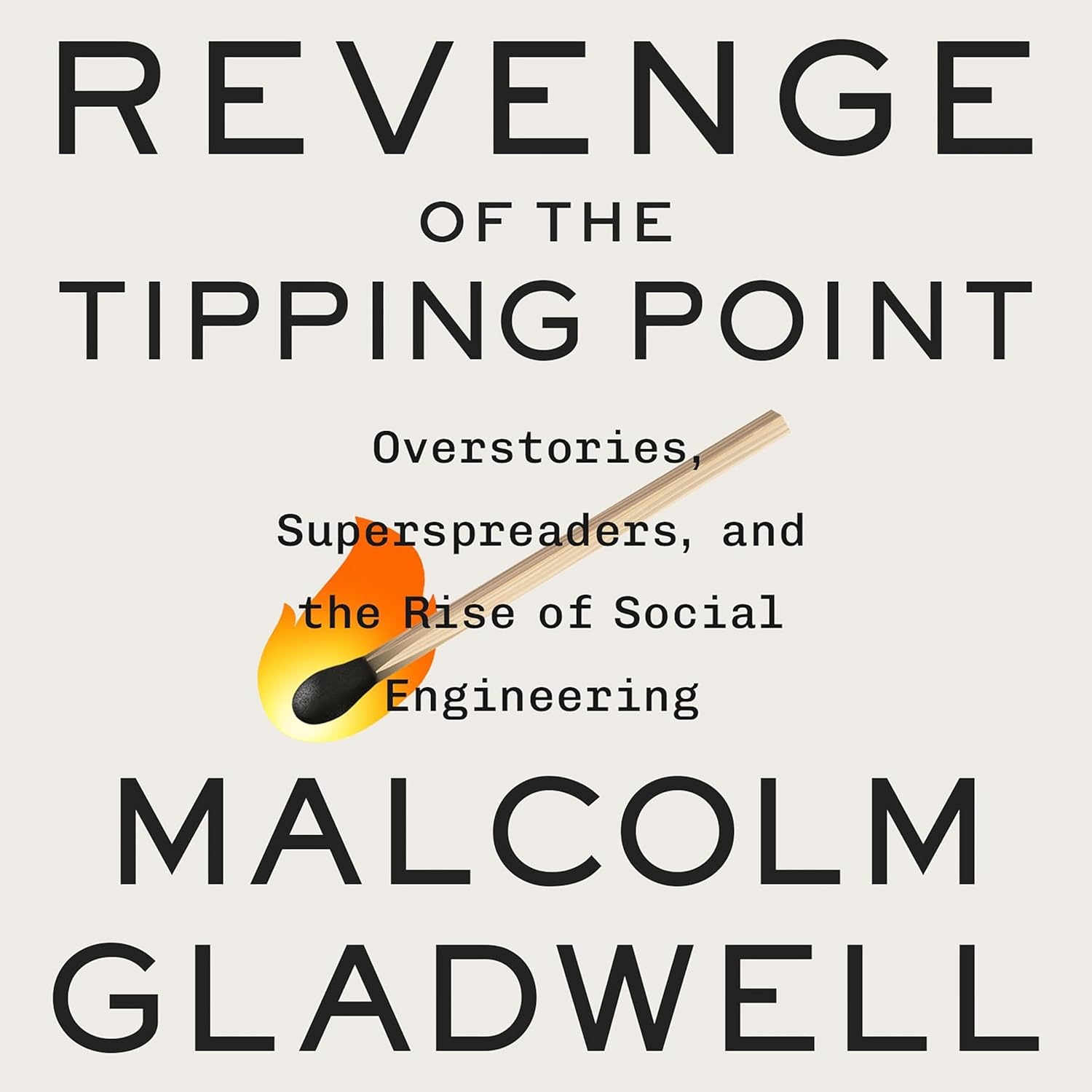
Reading Malcolm Gladwell's 'Revenge of the Tipping Point' felt like uncovering hidden patterns in everyday chaos. His exploration of 'overstories'—those invisible social frameworks shaping behavior—made me pause mid-page to analyze my own community's unspoken rules. The opioid epidemic case study, particularly the stark contrast between triplicate and non-triplicate states, stuck with me for days.
What surprised me most was how tangible these abstract concepts became through Gladwell's storytelling. When he described how 1% of doctors prescribe 80% of opioids, I found myself recalling similar disproportionate patterns in my workplace's email traffic. His examples don't just illustrate theories—they change how you see your morning newsfeed.
The book's pacing mirrors its subject matter: ideas spread like viruses. I devoured it over two rainy weekends, annotating margins with personal connections. While some transitions between Holocaust narratives and Ivy League admissions felt abrupt, each section left me with actionable insights about group dynamics that I've since applied to community projects.
Unlike typical dry sociology texts, Gladwell's prose has this addictive quality—you'll catch yourself explaining 'superspreader' theory to friends at dinner parties. Though heavier than his previous works (trigger warnings for drug abuse and genocide discussions), the emotional weight makes the concepts stick. My copy now bristles with sticky tabs marking passages about 'the magic third' principle that transformed how I view neighborhood demographics.
This isn't just a book—it's a mental toolkit. Weeks after reading, I still catch myself analyzing local policies through Gladwell's lens of social epidemiology. That rare read that doesn't just inform you, but rewires how you process information.

